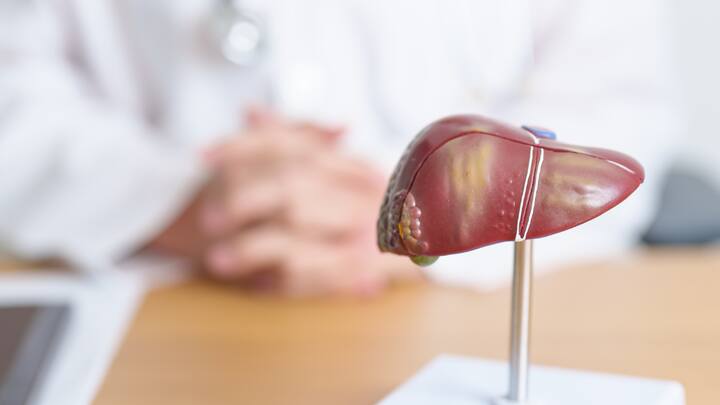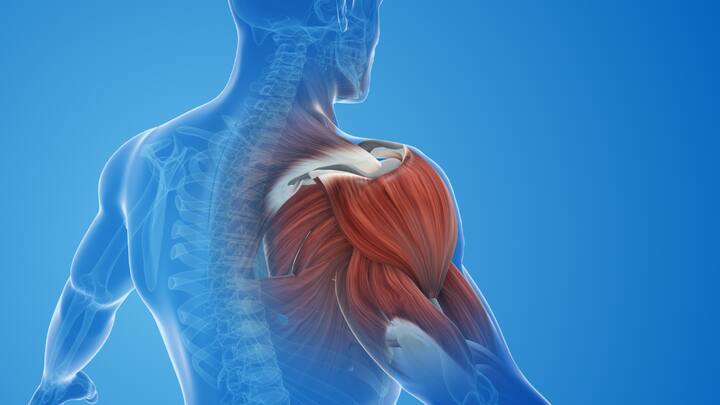Weight Management: Excess weight is linked to various liver diseases, including non-alcoholic fatty liver disease (NAFLD). Exercise helps burn calories, aiding in weight loss or maintenance. (Image source: Canva)

Improved Liver Health: Regular physical activity has been shown to reduce fat accumulation in the liver, even without significant weight loss. This can be particularly beneficial for individuals with NAFLD. (Image source: Canva)

Reduced Inflammation: Exercise helps combat chronic inflammation, a common factor in liver diseases. Lowering inflammation can alleviate some hepatitis symptoms. (Image source: Canva)

Boosted Energy Levels: While fatigue is a common complaint among people with hepatitis, exercise can paradoxically increase energy levels over time. (Image source: Canva)

Enhanced Mood and Mental Well-being: Physical activity is a natural mood booster. It can help alleviate stress, anxiety, and depression, which often accompany chronic illnesses. (Image source: Canva)

Strengthened Muscles and Bones: Exercise helps maintain muscle mass and bone density, preventing age-related decline and improving overall physical function. (Image source: Canva)

Attributed to Dr. Pawan Rawal, Head Unit, Gastroenterology, Artemis Hospital, Gurgaon (Image source: Canva)
Published at : 28 Jul 2024 11:25 AM (IST)